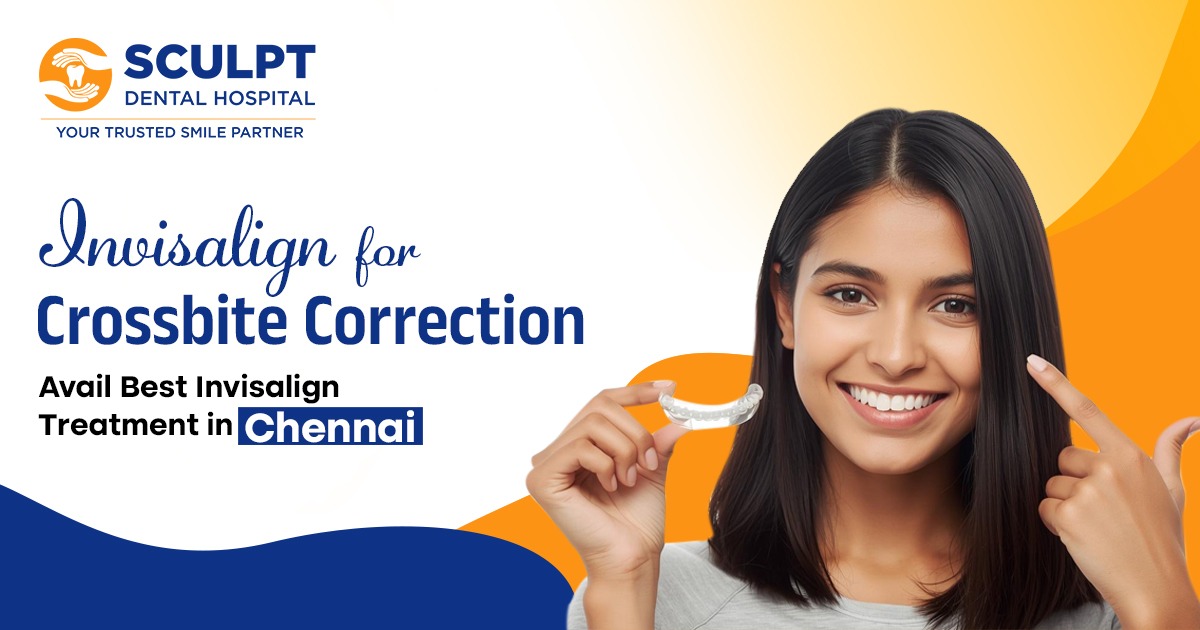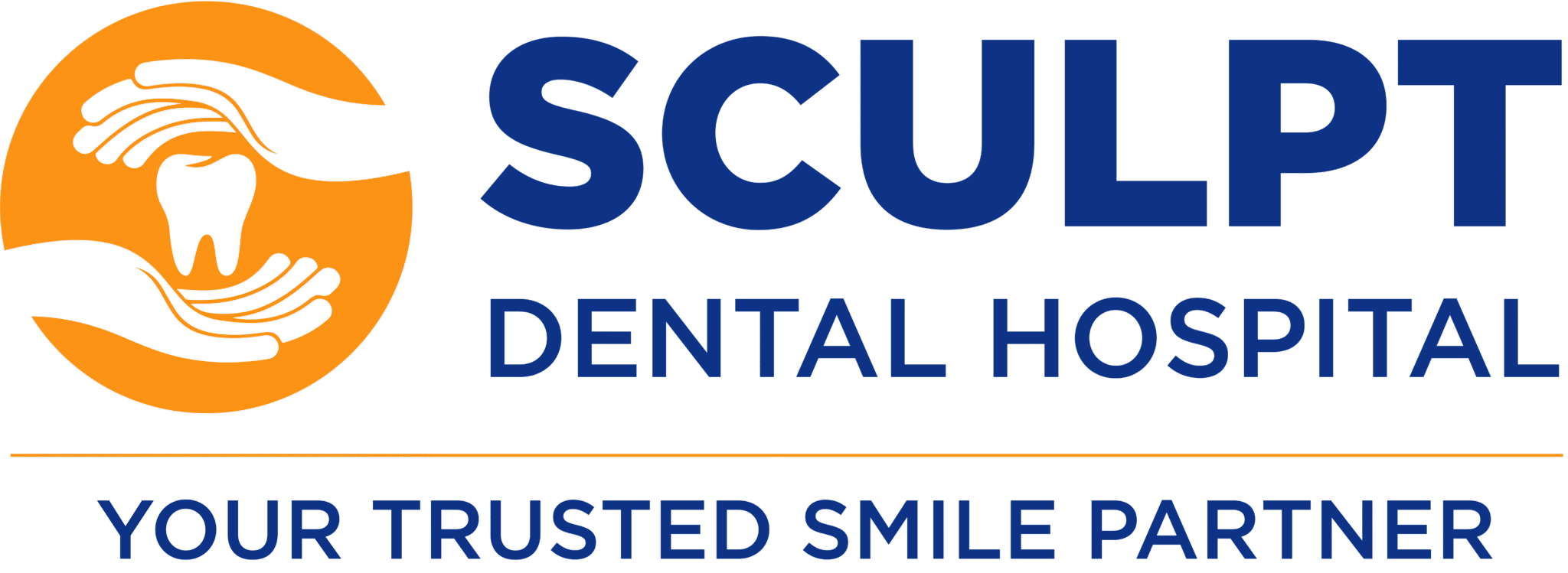
Crossbite is a common dental issue where the upper and lower teeth do not align properly. In some cases, the upper teeth sit inside the lower teeth, while in others, only a few teeth are affected. If left untreated, crossbite can lead to tooth wear, gum problems and even jaw pain. Many patients now wonder: can Invisalign fix this condition? The good news is yes. If you are looking for the Best Invisalign Treatment in Chennai, here’s a clear explanation of how Invisalign helps and how it compares to other treatment options.
What Is a Crossbite?
A crossbite occurs when the upper teeth bite inside the lower teeth. This can affect:
- Front teeth (anterior crossbite): the upper front teeth sit behind the lower front teeth.
- Back teeth (posterior crossbite): the upper molars fit inside the lower molars.
- Unilateral crossbite: only one side of the mouth is affected.
- Bilateral crossbite: both sides of the mouth are affected.
If not treated, crossbite can lead to:
- Uneven tooth wear.
- Gum recession and tooth sensitivity.
- Difficulty chewing food.
- Jaw discomfort and risk of TMJ (jaw joint) pain.
Dentists at the Best Invisalign Treatment in Chennai recommend early evaluation since treating crossbite during childhood is usually easier, though adults can also see excellent results.
Can Invisalign Correct Crossbite?
Yes, Invisalign can treat mild to moderate crossbites effectively. With the help of clear aligners, teeth are gradually moved into their correct position. In more complex cases, Invisalign may be combined with attachments or elastics that help guide tooth and jaw movement more precisely.
What makes Invisalign particularly useful is its advanced technology. Using 3D scans, dentists at the Best Invisalign Treatment in Chennai can design a personalized plan that predicts every stage of tooth movement. This allows patients to see a digital preview of their new smile before treatment even begins.
Invisalign’s precision also ensures steady, controlled movement of teeth, which helps reduce discomfort while achieving long-term stability.
What Other Treatment Options Are Available?
1. Traditional Braces
- Metal brackets and wires gradually shift teeth into alignment.
- Effective for mild to severe crossbites.
- Drawbacks include visible appearance, food restrictions and more frequent dental visits.
2. Palatal Expanders
- Often used for children whose jaws are still developing.
- Gently widen the upper jaw to correct crossbite.
- Sometimes combined with braces or Invisalign for complete results.
3. Jaw Surgery (Orthognathic Surgery)
- Used in severe skeletal crossbites where jaw bones are misaligned.
- Corrects the underlying bone structure but involves surgery and recovery time.
At the Best Invisalign Treatment in Chennai, dentists carefully compare these treatment options and recommend the most suitable one depending on age, jaw growth and severity of the case.
Why Choose Invisalign for Crossbite?
Invisalign offers unique benefits that make it a preferred choice for many patients:
- Discreet treatment: clear aligners are barely noticeable, boosting confidence.
- Comfortable fit: no wires or brackets to irritate cheeks and gums.
- Removable trays: easy to take out for eating, brushing and flossing.
- Shorter appointments: fewer dental visits compared to braces.
- Digital precision: advanced software ensures predictable results.
Patients undergoing the Best Invisalign Treatment in Chennai also receive close monitoring with regular check-ups, ensuring progress is on track and refinements are provided if needed.
FAQs About Invisalign for Crossbite
1. Can Invisalign fix all types of crossbite?
Invisalign is effective for mild to moderate crossbites. Severe skeletal crossbites may require additional treatments like expanders or surgery.
2. How long does it take to correct a crossbite with Invisalign?
Treatment time depends on the severity. On average, it may take 12-24 months, but mild cases can be corrected in less than a year.
3. Is Invisalign more comfortable than braces for crossbite treatment?
Yes. Invisalign aligners are smooth and removable, making them more comfortable than metal braces, which can irritate the cheeks and gums.
4. Can children use Invisalign for crossbite?
Yes. Invisalign First is designed for kids and Invisalign Teen is suitable for teenagers. These options help guide proper jaw growth and tooth alignment.
5. Will I need retainers after treating a crossbite with Invisalign?
Yes. Retainers are important to maintain results and prevent teeth from shifting back after treatment is complete.
Conclusion
Invisalign is an excellent option for treating crossbite, especially when compared with traditional braces or other methods. While severe cases may still require surgery or expanders, most patients can benefit from clear aligners that are both comfortable and effective. By choosing the Best Invisalign Treatment in Chennai, you can ensure accurate diagnosis, advanced technology and expert care for long-lasting results. Whether for children, teens or adults, Invisalign provides a modern solution to crossbite and helps create a healthier, more confident smile.
